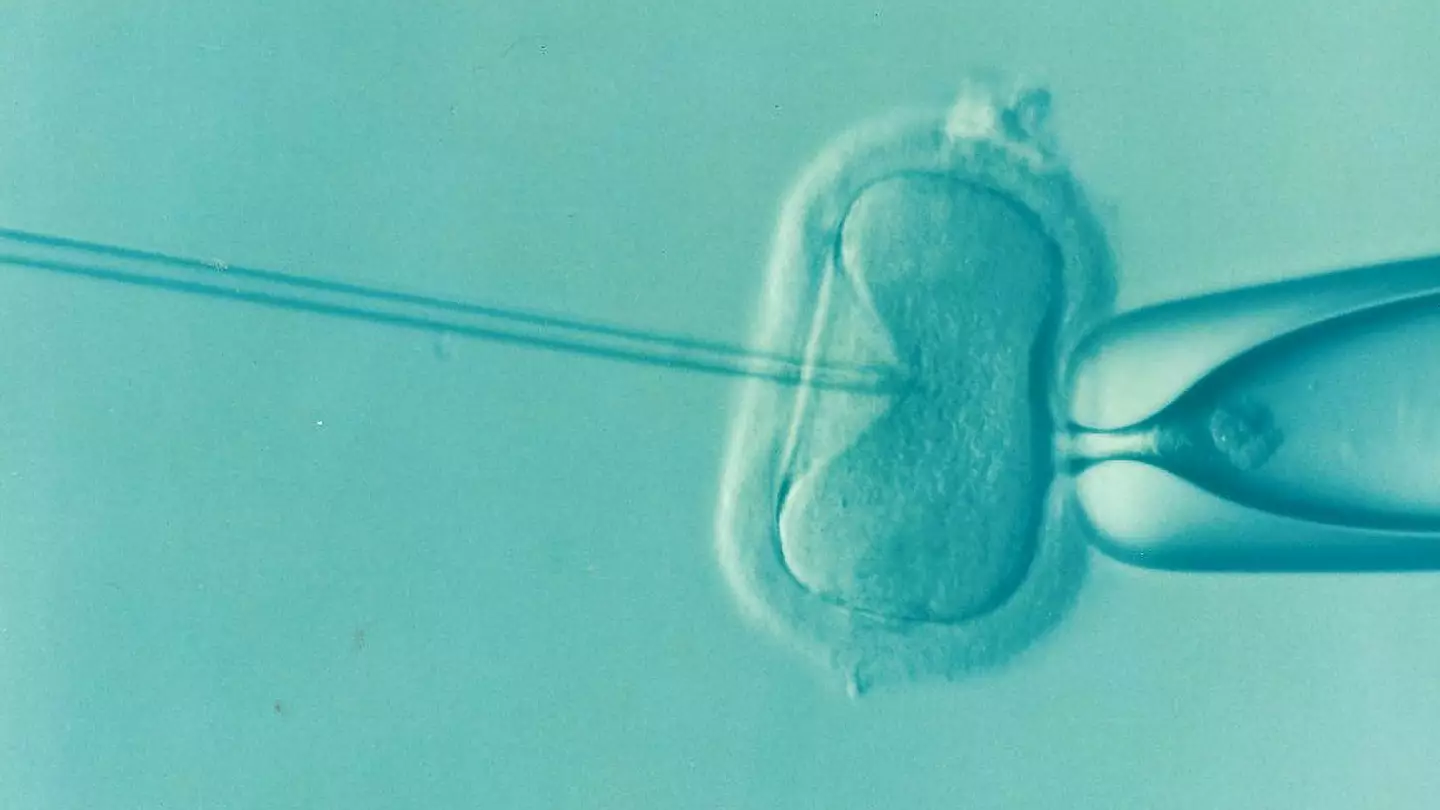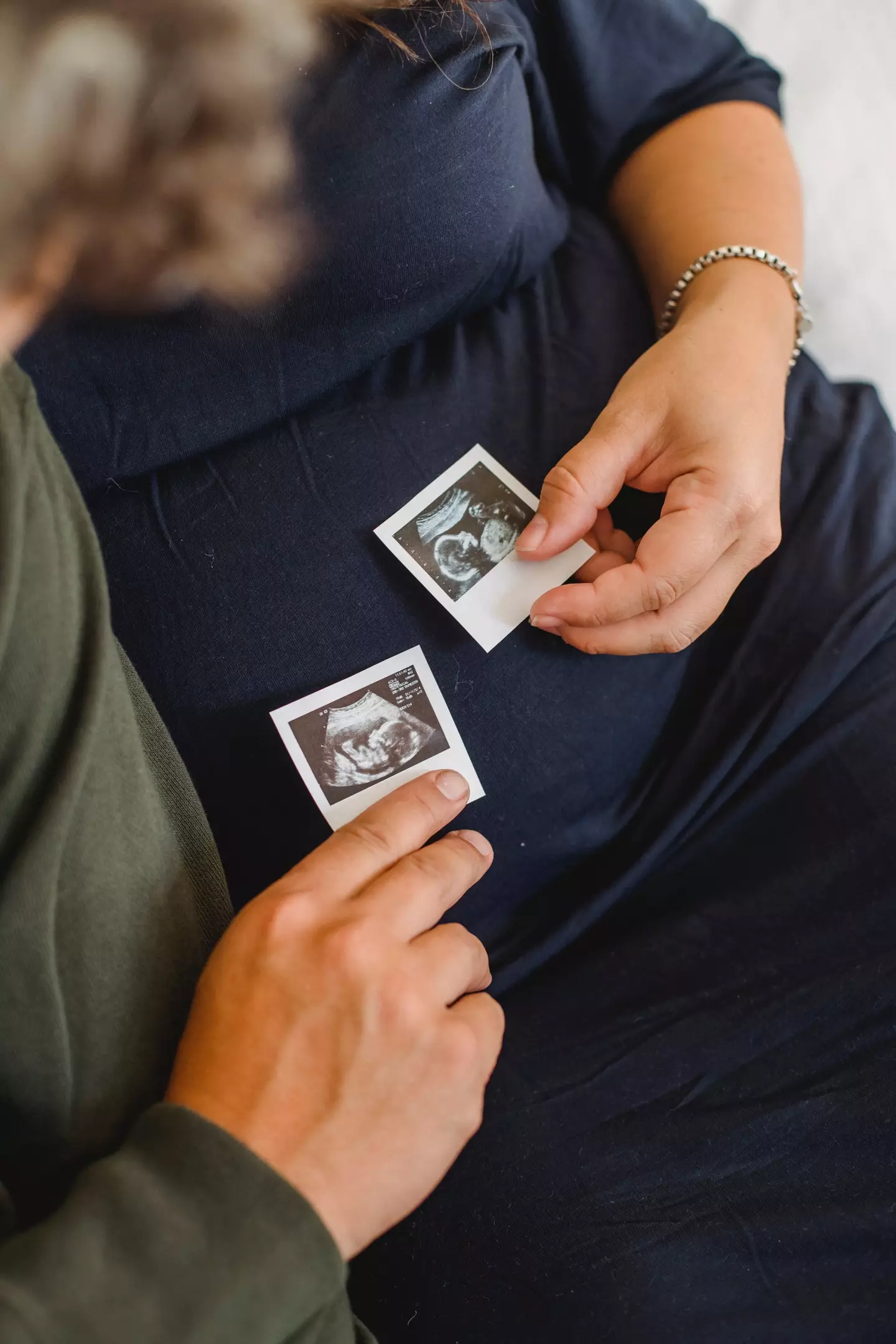
The first two babies made with a sperm-injecting robot have been born thanks to cutting-edge, robot technology.
The team behind the Spanish startup built a sperm-injecting robot controlled via a PlayStation controller (seriously) and successfully used it to fertilise human eggs, resulting in the birth of two healthy babies.
Using the surprising implement at the New Hope Fertility Center in New York, a student engineer from Overture Life steered a tiny, mechanised in-vitro fertilization (IVF) needle and camera to deposit single sperm cells into human eggs more than a dozen times.

Advert
Nine months later and this spring two baby girls were born as a result of this robotic fertilisation.
Eduard Alba, the student engineer wielding the controller, told MIT Technology Review he felt 'calm' during the process: "In that exact moment, I thought, 'It’s just one more experiment.'"
Overture Life believes its device is an initial step towards automating IVF and potentially making the procedure less expensive and more widely available.
IVF labs currently cost millions to run due to requiring trained embryologists to painstakingly handle sperm and eggs using ultra-thin hollow needles under a microscope.
Roughly 500,000 babies are born per year worldwide via IVF, but many people who need help conceiving can’t afford it or can't access treatment.
The startup and others like it believe the process could be carried out almost automatically, lowering the cost of IVF, which the NHS claims can cost up to £5,000 ($6,200) or more for one cycle in the UK.

Overture has filed a patent application describing a 'biochip' for an IVF lab in miniature that would have hidden reservoirs containing growth fluids and tiny hollows for sperm to wiggle through.
Overture has so far raised more than any other startup in the field - about $37 million (just under £30 million) - with funding coming partly from former YouTube CEO Susan Wojcicki.
Fertility experts claim that this is just 'a baby step' in a long journey to fully automate the process.
According to the experts, it's one of many needed to fully automate the process as Overture's engineers still had to manually load sperm cells onto the injector needles.
While Zev Williams, director of Columbia University's fertility clinic, told MIT Technology Review that although currently 'humans are far better than a machine', automating parts of the process like this could make IVF less expensive and support more radical technology in the future.
One of the baby's fathers (who asked to be anonymous) said: “It’s wild, isn’t it? Until now it had always been done manually.”
Topics: News, Good News, US News, Parenting, Health, Technology
